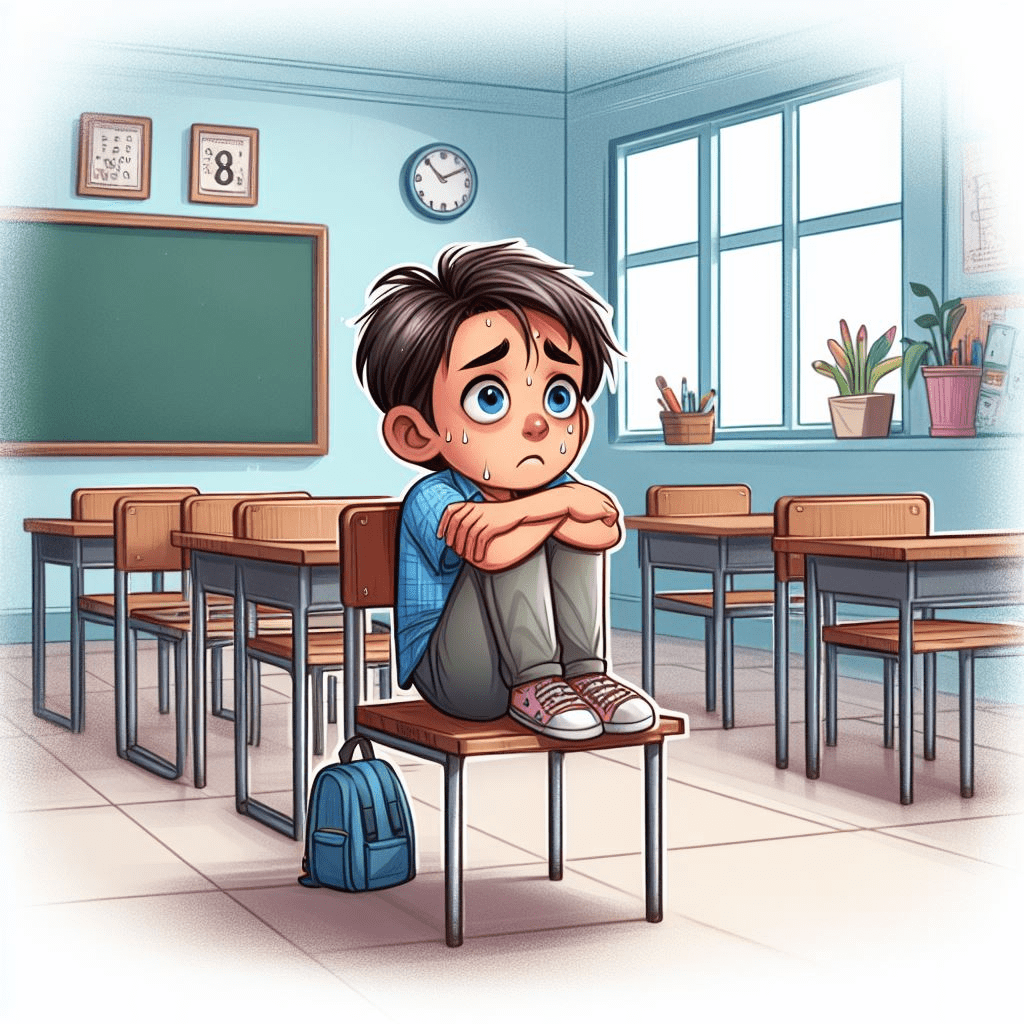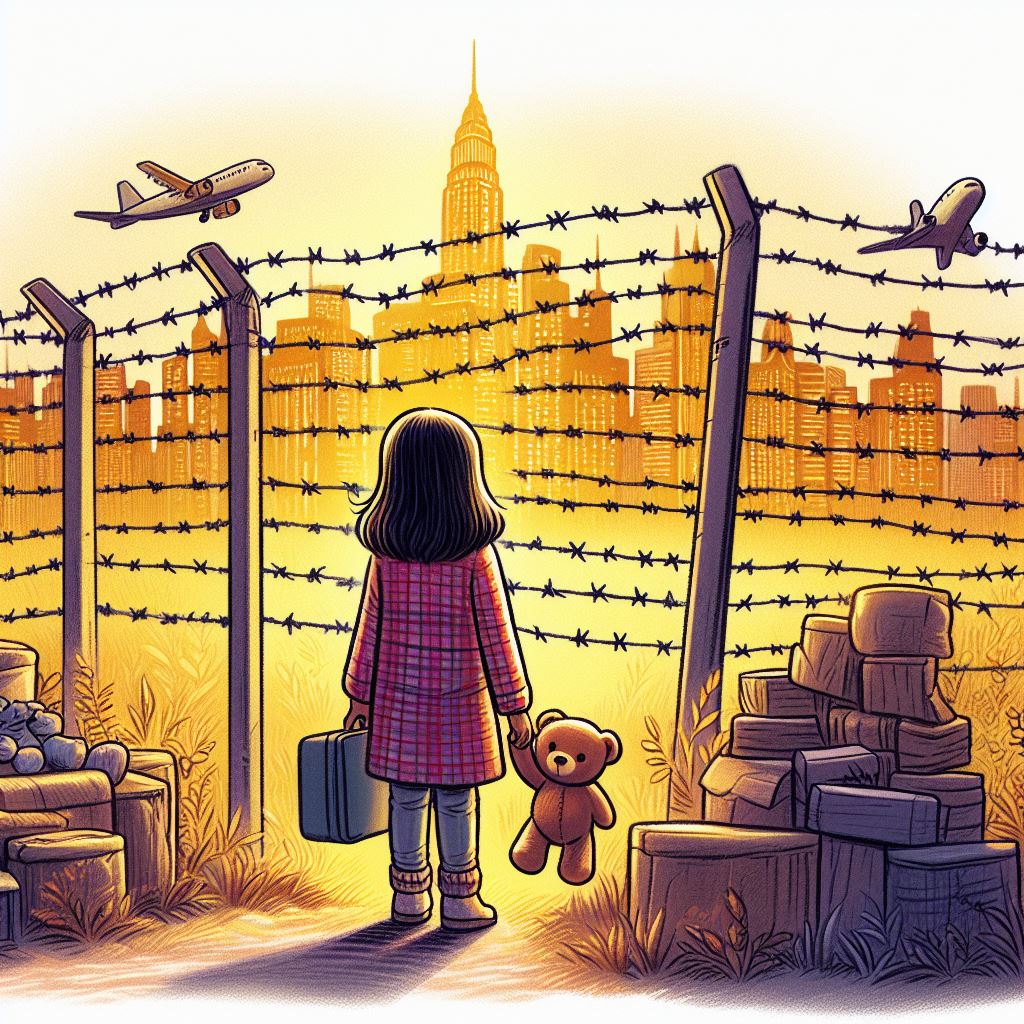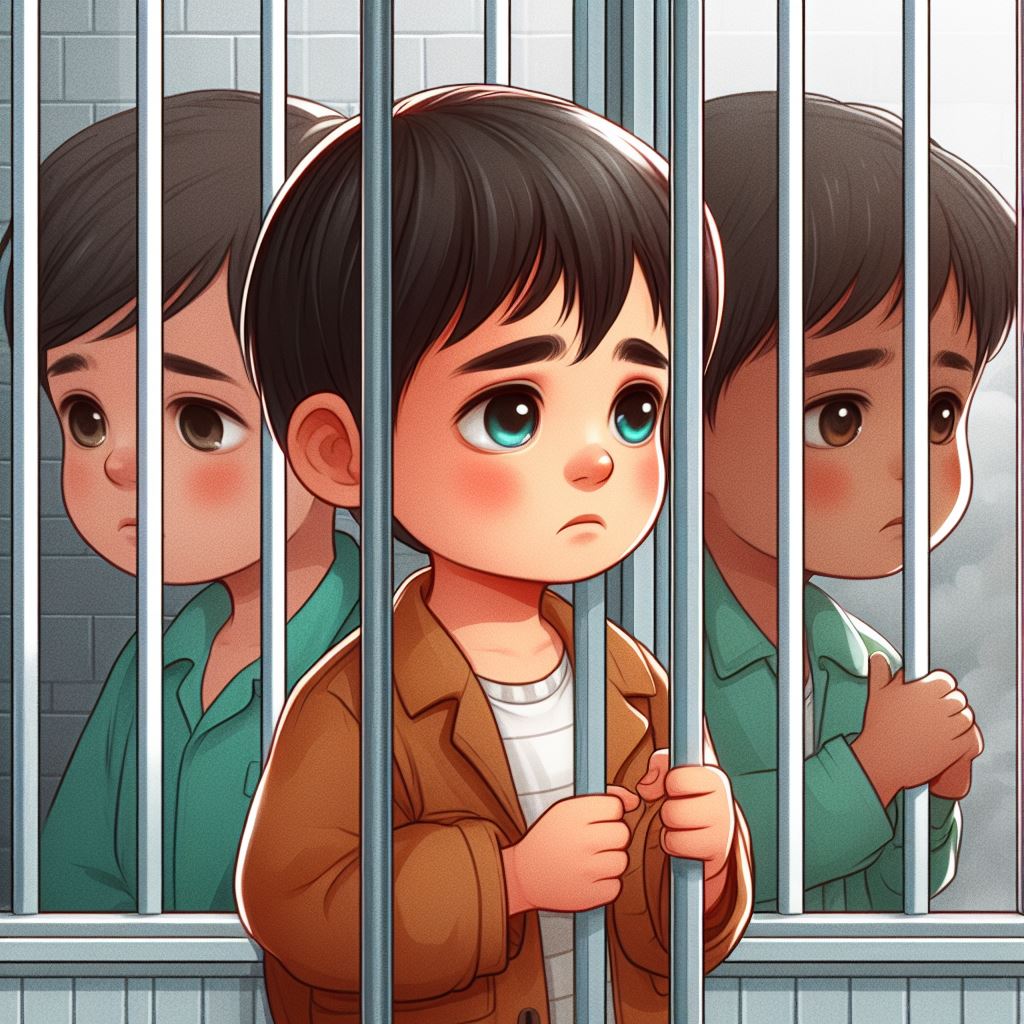Education system in Pakistan is diverse and run through different educational institutions. Generally, corporal punishment is practice in which generally an adult hurt or cause pain to children by any means including hitting for the purpose of disciplining. This type of punishment can have negative effects on children’s physical well-being and emotional health. The issue is a well-documented in rural areas of Pakistan. Particularly in schools where teachers use physical force to manage a large number of children in a classroom.
Home is the first school for the kid. Parents are their first teachers and see them as their inspiration in development of their own behavior and attitudes. Lamenting that corporal punishment at home remained prevalent. Parents used it as necessary tool to discipline their children. Slapping, hitting, taunting children with in order to restrict their playing activities, and to achieve obedience. Children often hit on their buttocks with wooden sticks, rattan canes, slippers, leather straps and other objects in home and schools. Beyond the immediate physical pain, such practices can leave lasting emotional and psychological scars on the minds of children.
The act of punishing children is commonly viewed as normal and acceptable in various settings, including both families and educational institutions. Such practice is believed to be necessary to make children competent and responsible. Interestingly, ineffectiveness of corporal punishment is likely to increase its adoption and frequency of occurrence. The perpetrators tried to justify as a necessary practice to regular children’s behavior. On the other hand, parents also accept it as ‘care’ of children. This insane notion pushes children to believe that corporal punishment is ‘normal’. The acceptability of corporal punishment as synonym to care and instilling discipline is authoritative abuse of the children.
Common Reasons of Corporal Punishment
There are various reasons for corporal punishment, such as marital problems, financial issues, pressure from extended family, and the joint family system. These issues can lead to treating children badly, and unfortunately, these behaviors might continue in the next generation causing the child to face psychological problems, get involved in drug use, and act violently in society.
One of the major reasons for corporal punishment is unawareness of parents whether it is corporal punishment are not. They find it normal to beat their children to discipline them. Further, they don’t understand that corporal punishment can compel their child to behave in a deviant way. Nevertheless, lack of sensitization of school staff regarding use of non-violent practices to discipline the children. teachers’ training. Teachers are untrained to assess child personality and unable to understand child’s behavior.
On the other hand, religious teachers believed to have the right to beat a child if he or she cannot understand the Holy Book or related scriptures. They label it a ‘satanic behavior’ and to be fixed by harsh punishment. In addition, legislative lacunas in relation to corporal punishment provides protective routes for getting bails if perpetrator arrests. Last but not the least, monitoring mechanism of the government institution seems to be outdated or fails to capture the incidents of corporal punishment in education setting.
Consequences of Corporal Punishment
Corporal punishments have lasting effects on intellectual growth of a child. Victims may experience anger, anxiety, and isolation. These behaviors impel parents and teachers to physically assault the children. We have often seen children with experience of corporal punishment to remain focus in the study. It can isolate them from their family and friends. Most of the children end up with stress, unstable and angry. They may indulge in the criminal activities to as a way to cope with their emotions. Children who go through stress in their childhood might carry these issues into adulthood. If unaddressed, these problems can pass on to the next generation.
Regrettably, such victims of corporal punishment believed that force hitting and harming is the only way to fix the disciplining problem. In the same vein, children who experience this in their childhood often adopt the same method while dealing with their children. Considering this kind of discipline practices, It causes emotional imbalance, physical, and psychological harm of children. It can lead to anger, instability, distress, mood and personality disorders, low self-esteem, disruptive behavior, anxiety, and even depression. In severe cases, it can become fatal for an individual, and sometimes they may end up harming others and themselves.
Final Thoughts
UN Committee on the Rights of the Child urged any kind of corporal punishment considers as a violence against children. And, hitting and other similar practices are form of a violence. Thus, it reiterates that state parties to make laws, rules, and plans to stop these harmful practices.











